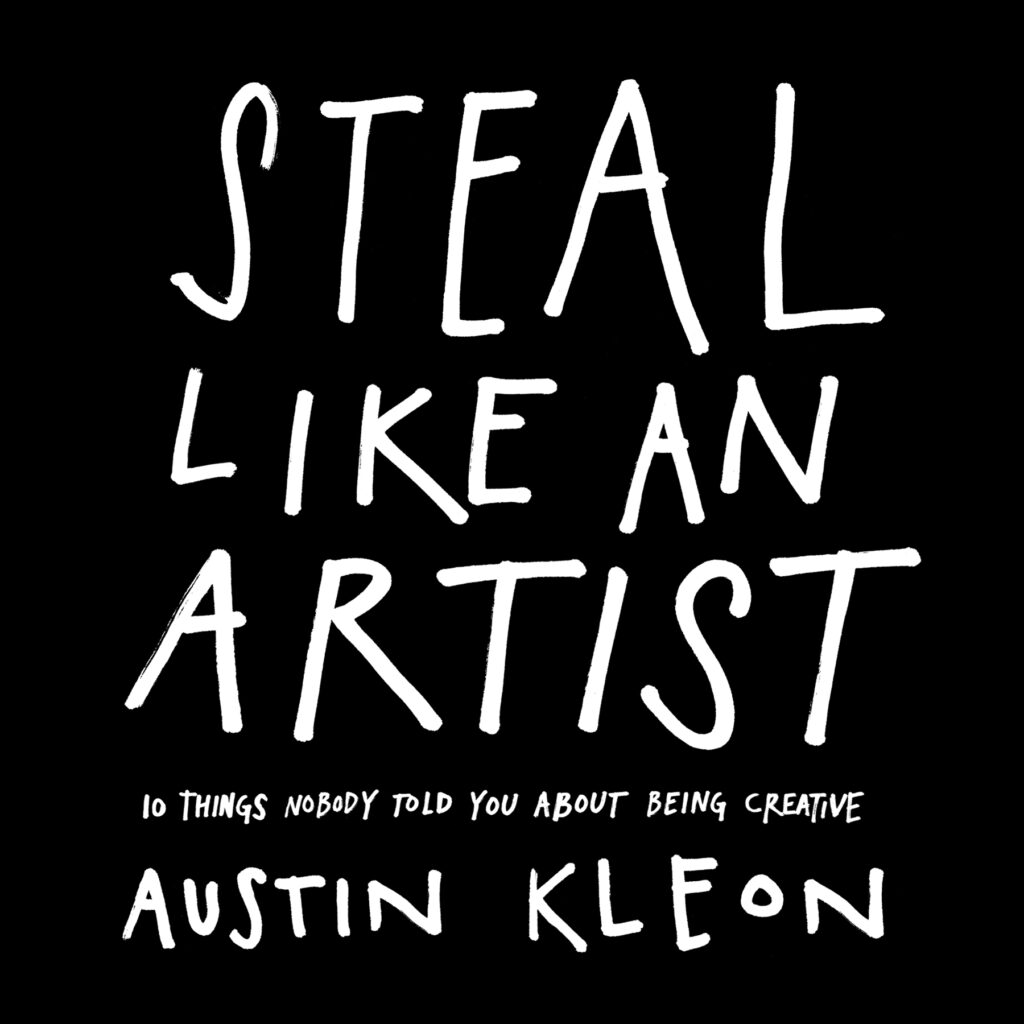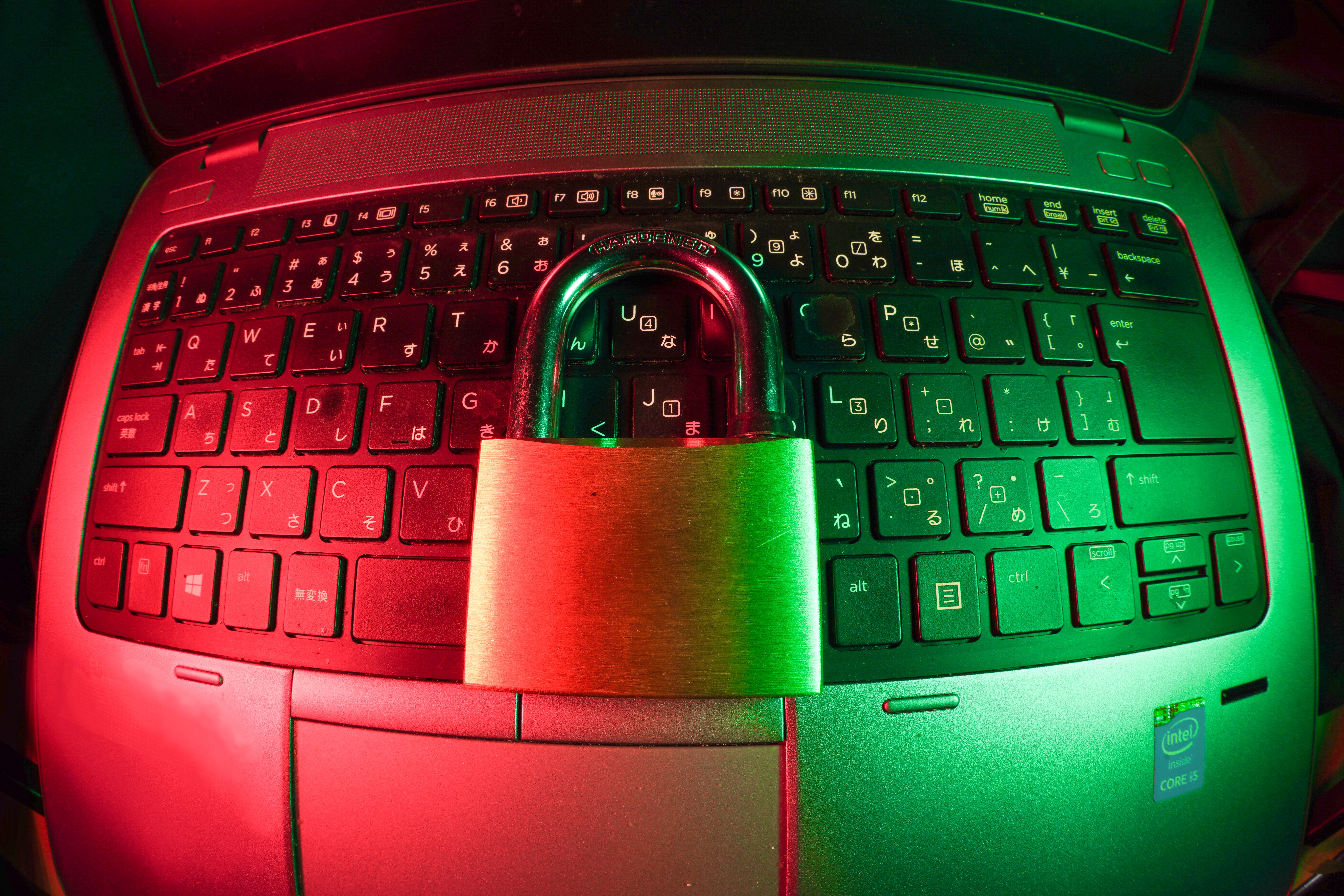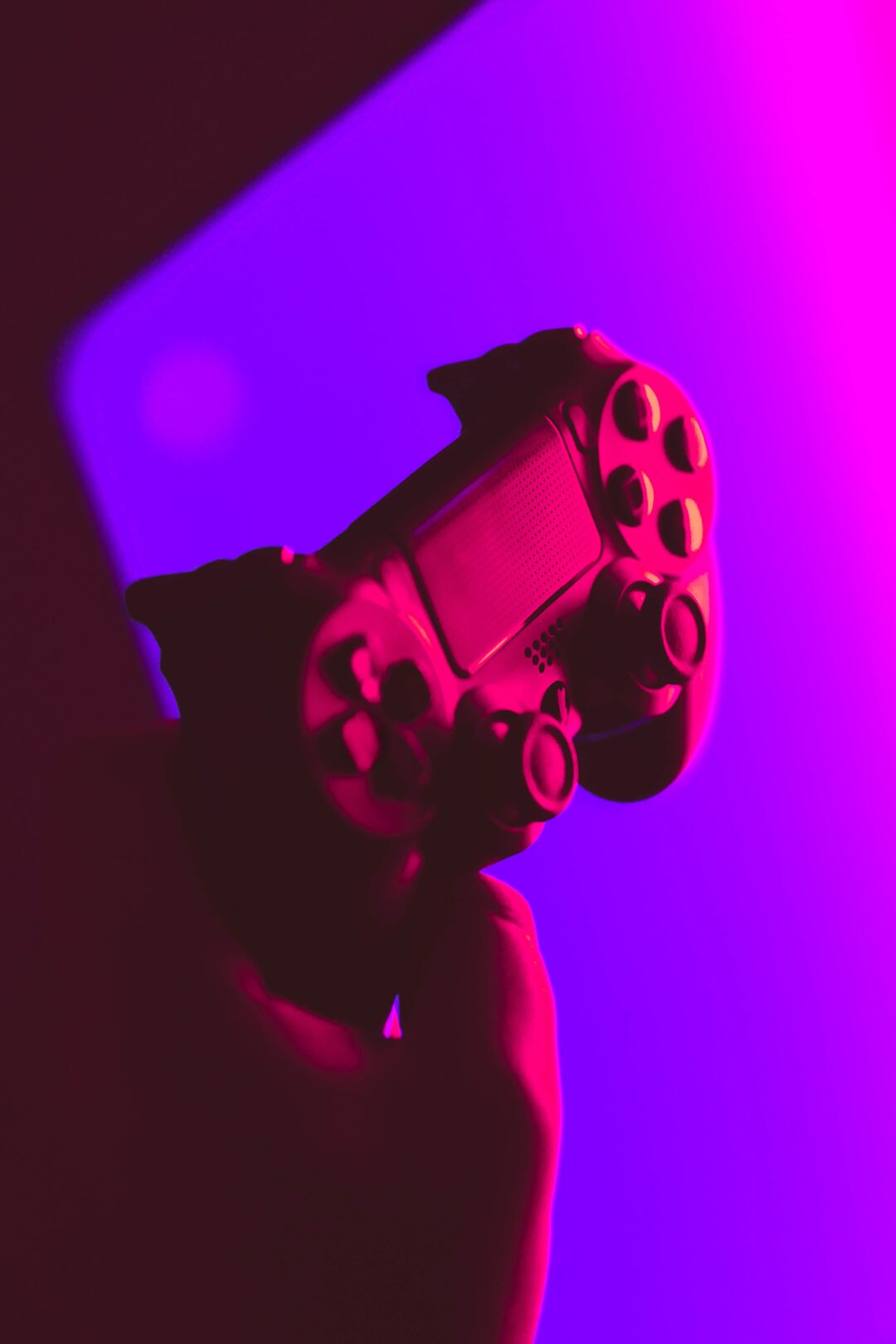Cover photo by FLY:D on Unsplash
In this post
This Week in Tech
This week in technology class we mostly talked a lot about copyright laws and online privacy laws. I will touch on online privacy later on, but for now, copyright is defined as:
“A type of intellectual property that gives its owner the exclusive right to copy, distribute, adapt, display, and perform a creative work, usually for a limited time. The creative work may be in a literary, artistic, educational, or musical form.”
Wikipedia
We learned through the movie, RiP! A Remix Manifesto, that almost all film and music out there is off limits to use, listen to, download, or build on and manipulate without purchase or permission. This is largely due to just a couple of companies owning all rights to it, and wanting to profit.
My Thoughts on Copyright Laws
I think that being able to have rights to things you’ve created is a great protection method for independent artists who cannot afford to not be paid for someone using their work. We’ve seen a lot of backlash recently from artists who have had their art used by AI, and this has created a debate about whether or not it breaks copyright laws. I want to make it clear that, in a case such as this one with the artists, that I am on their side. I believe that people should be asking these artists for permission, and at least offering some sort of compensation. However, when it comes to record labels and film, if there are a few companies that manage it and profit off of artists, then how much are the artists really getting paid, if they are at all? As good as it is to have copyright protection laws, I think that the state it is in right now is taking away the ability to build on past works, which is how it has been done for ages. So much music builds on older music. So many books and movies inspire others to make similar works but in their own way. And for the situation in RiP! A Remix Manifesto, remixing a bunch of songs together is an extremely popular thing, and it begs the question “how much can you change a work until it becomes your own? Personally, I think that putting your own spin on something does it. I thinking taking inspiration from elsewhere is part of what being an artist is all about. In high school, when I graduated, they gave me a gift. It was a book, but not just any book, it was “Steal Like an Artist”

This book talks about how being a true artist involves taking inspiration and ideas from others and making them your own. I love this book and love the internal message. As a kid, when I first read this book, I was worried and concerned. I thought, “why would I want to steal anything from anyone? I want to create my own ideas.” But this is such a big part of creating our own ideas is building on others’ ideas but adding our own personal touch to them. Overall, I believe we should be able to use artists, creators, and other ideas, to make arguments, inspire ourselves and others, build on past knowledge, and become unique creators ourselves. I think we should be able to share ideas anywhere with anyone at any time because I think this helps both us and our knowledge grow significantly faster. However, I still think there should be an open communication, an asking of permission from the user to the artists, and the gifting of recognition, all so that we can finally move past this occurrence of everyone but the artist profiting off of their hard work.
Online Privacy
So, as I mentioned at the top of this post, we spoke about online privacy in technology class today and I’m just going to share some things that stuck with me. One of the biggest things that stuck with me was how eternal everything we do online is. I genuinely got the urge to delete every post I had ever made, any old accounts I stopped using, and just clear myself off of the internet. I think that, especially as future educators, it is important for us to know that what goes online stays online and that you have to be careful and decisive about what you’re posting online. Future employers, and universities can look you up online to see what you’re all about and if they find something that makes you appear like a liability you may not be considered.
Something else that stuck with me was, when talking with young students about online safety and privacy, that it is important to leave out the shame of students being on their phones and having phones and making mistakes online. Everyone is going to make mistakes in life, and chances are some of those mistakes will happen online, and let’s be honest are adults any better online?
In this post



